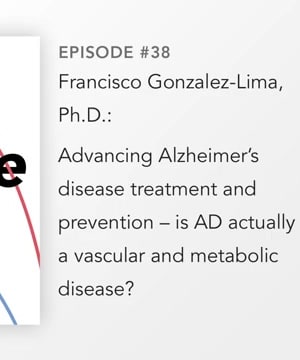Late onset dementia
Sources:
Late-onset dementia is increasingly being diagnosed, and various experts offer insights into its causes and prevention:
-
Compromised Circulation: Reduced blood supply to the brain, starting from age 22 to 60, can significantly impact cognitive health. This chronic hypoperfusion can lead to late-onset dementia by limiting the brain's oxygen and nutrient supply 1.
-
Lifestyle and Diet: Diet and lifestyle choices significantly influence the risk of non-communicable diseases, including dementia. Risk factors such as midlife obesity, hypertension, and dyslipidemia are crucial. Adopting healthier habits early can positively affect long-term brain health 2.
-
Glucose Metabolism: There's growing evidence linking chronic glucose spikes and insulin resistance in the brain to Alzheimer's, suggesting that it shares many traits with type 2 diabetes. Managing glucose levels could be a pivotal strategy in preventing dementia 3.
-
Early Signs: Symptoms of cognitive decline often appear decades before a clinical diagnosis. Early indicators include significant memory loss, planning difficulties, and confusion, which can signal the need for lifestyle interventions 4.
-
Preventive Measures: Regular exercise, a healthy diet, stress reduction, and cognitive training have been shown to improve cognitive function and reduce dementia risk. These strategies are more easily implemented in nationalized healthcare systems but remain crucial everywhere 5 6.
Understanding these factors can help in early detection and intervention, potentially mitigating the progression of late-onset dementia.
RELATED QUESTIONS-


